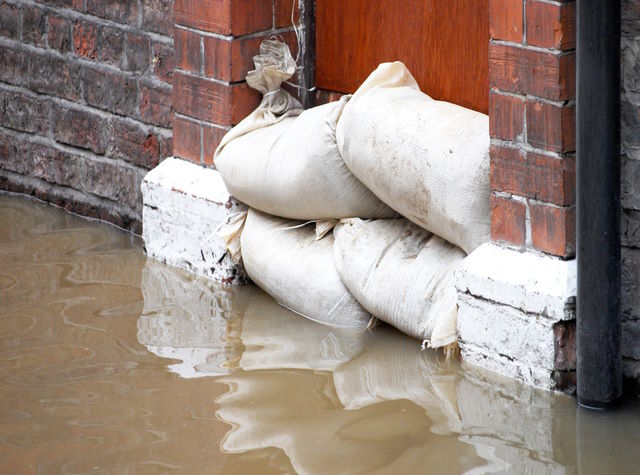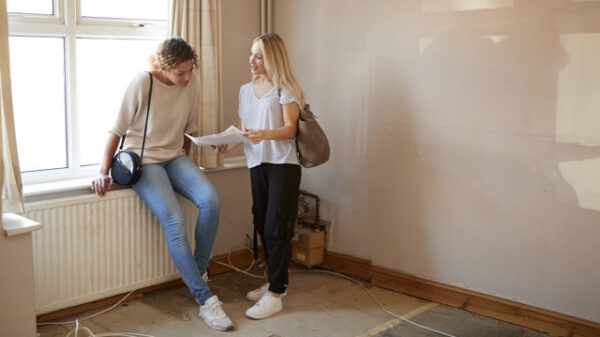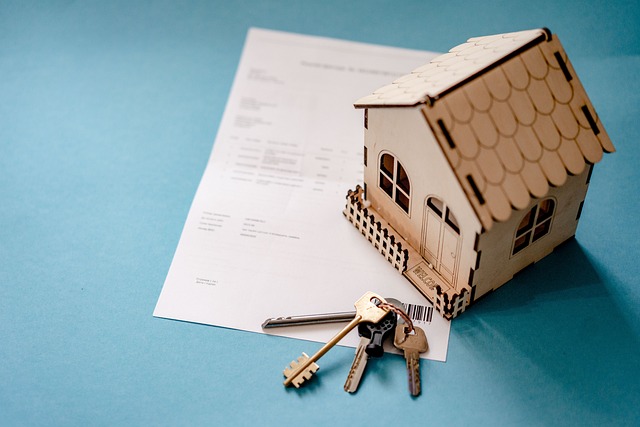House-hunting is an exciting time but there’s also a lot to consider to ensure you buy a property that isn’t going to cause you problems further down the line.
One of the things you should always consider when looking at property is whether a house has flooded or is in an area that’s prone to flooding.
After all, you don’t want to see your dream home ruined by a flood or face huge difficulties in getting property insurance or even selling your home later on.
Believe it or not, but some 6 million homes in the UK are at risk of or prone to some type of flooding each year.
Fortunately, there are a number of ways you can check an area for flooding which I’ll explore here.
How to easily check a property for flooding
- Look at a map
- Visit the area
- Check the Environment Agency (EA) flood search service
- Check for the EA for long term flooding
- Email the EA
- Speak to estate agents
- Ask the seller
- Use a conveyancing solicitor
- Commission a private search
Look at a map
It may seem obvious, but looking at a map to see if a home you’re interested in is near any bodies of water or rivers is a good starting point when checking out the flood risk.
This will give you a good basis for any questions you might ask the estate agent, home owner or even the neighbours as your property search develops.
Knowing that there’s water in the area should automatically put you on alert for any potential flooding problems.
Just because it hasn’t happened yet, doesn’t mean that it won’t happen in the future.
Visit the area
This is another obvious thing to do, but visiting an area in person and walking the streets is a great way of assessing the potential risk of flooding.
You might have seen a small river near to the property you’re interested in on a map, but if it’s at the bottom of a hill compared to the home you probably haven’t got a lot to worry about.
Likewise, you might spot sand bags stored near a property which is a sure sign there have been problems with flooding in the past.
Quiz local residents or people you meet in the street about flooding in the area – people are usually more than willing to share their knowledge.
Check the Environment Agency’s flood risk postcode search
The Environment Agency is the Government body that handles flooding and pollution in the UK
They have a dedicated section that focuses on flooding and the risk to property, which features a free search function to check if there’s flooding in any specific area.
You can view a searchable map or enter a postcode to find out the latest flooding information and alerts impacting the UK. You can also sign up for free flood alerts via text, phone or email.
It also offers useful information about how to prepare for flooding and how to recover after the event.
Visit the check for flooding service
Check for long term flooding in an area
While the above service is great for checking the current status of flooding in an area, when it comes to buying a house you want a long term assessment.
Fortunately the Environment Agency also offers this service on its long term flood risk page.
This enables anyone to research the long term flood risk for an area and discover what the potential causes of flooding might be, such as rivers, reservoirs and groundwater.
Visit the check for long term service
Land Registry flood risk reports
It used to be possible for people to access reports on the risk of flooding for a property through the Land Registry.
However, this service has now been replaced by the Environment Agency search functions.
How to find out if a property has flooded before
So far I’ve covered how to check the potential for flooding in area, the current flood status and the long term risk to an area, but what about the history?
How do you find out if a property you’re interested in has ever flooded before?
The most reliable way is to email the Environment Agency directly with the property details to request its flooding history.
You can expect a reply within about four weeks, but bear in mind they don’t hold data on all properties so it may not be conclusive.
If you discover that a property has flooded in the past, check to see if it’s covered by a Flood Defence Scheme to mitigate the risk.
Speak to estate agents
A good estate agent can be a fountain of knowledge about a local area so tap into this as much as you can.
When you visit agents to discuss the properties they’re marketing, ensure that you ask about any flood risks in the area.
They might also know if the specific property you’re looking at has flooded as they will have been in contact with the seller when taking the instruction.
Ask the seller
If the estate agent can’t give you the information you need, then ask the seller.
If you’ve found a property you love there’s no harm in contacting the seller directly to ask them about any flooding issues with the home.
A responsible seller will be honest with you and should be able to put your mind at rest or tell you if you need to be prepared.
Check with your conveyancing solicitor
Your conveyancing solicitor will usually perform a range of checks on a property and the area it’s in, including whether it’s at risk of flooding.
Check that they are planning to do this and study the report carefully if it shows any unexpected results.
If you’re at the stage of employing a conveyancing solicitor you’ll be at an advanced stage in the buying process and will have already spent some money.
However, if the conveyancing report reveals something nasty when it comes to flooding, it might be wise to walk away and accept the loss.
Private search
If you’ve worked your way through the steps above but are still not satisfied, you can employ a private company to carry out a search for you.
If you search Google you’ll find a wide range of companies offering this service so it’s important to research your chosen company carefully.
Check for things like online reviews, length of time in business and professional qualifications to ensure you’re using a respectable company that will provide you with a reliable report.
You can also employ a qualified surveyor to examine the flooding situation on your behalf. Make sure you choose a chartered surveyor via the Royal Institute of Chartered Surveyors (RICS).
What flood zone is my house in?
The Environment Agency classifies properties as being in one of three flood zones, with Zone 1 being the least likely to flood and Zone 3 being the most affected.
Here’s a summary of the flood zones:
| Flood Zone 1 | A property has less than 0.1% (1:1000) chance of flooding in any year |
| Flood Zone 2 | A property has between 0.1% – 1 % (1:1000 and 1:200) chance of flooding any year |
| Flood Zone 3 | A property has a 1% or greater chance of flooding |
Local authorities split Flood Zone 3 into two separate zones – 3a and 3b, with the latter classified as floodplain and most at risk of flooding.
Does flood risk affect planning permission?
If you’re looking to buy a property as a project or are considering an extension that will require planning permission you’ll need to consider the implications of flooding.
If the property sits in Flood Zone 3 then this will involve carrying out a flood risk assessment for the site using a specialist assessor.
This can add a significant cost to your project so this will need to be budgeted for.
However, if a proper assessment isn’t carried out the local planning authority (the local council) may turn down your application.
Do I need flood insurance?
If you’re one of the millions of people who live in an area impacted by flooding it’s likely you’ll need additional insurance.
This is likely to be expensive depending on the risk in your area, and some insurers may not even quote for cover.
If you do take out flooding insurance check the policy carefully as it may not cover things like replacement furniture and appliances.
Conclusion
Flooding is a major concern for millions of home owners across the country and climate change has the potential to impact even more.
When buying a house it’s important to be absolutely clear on the flooding situation in the area as this could have serious implications.
Not only could you home be at risk of flooding, but it could make it difficult to insure and hard to sell in the future.
Make sure you do your research and know where you stand before taking the plunge and signing the contract for your new home.











